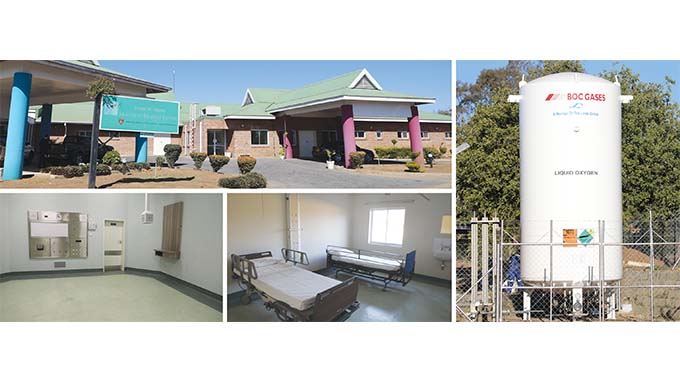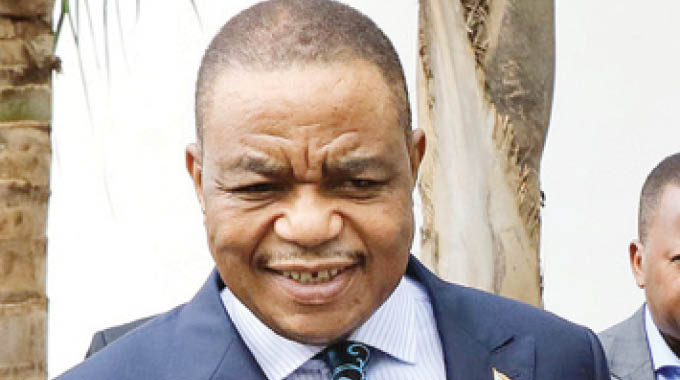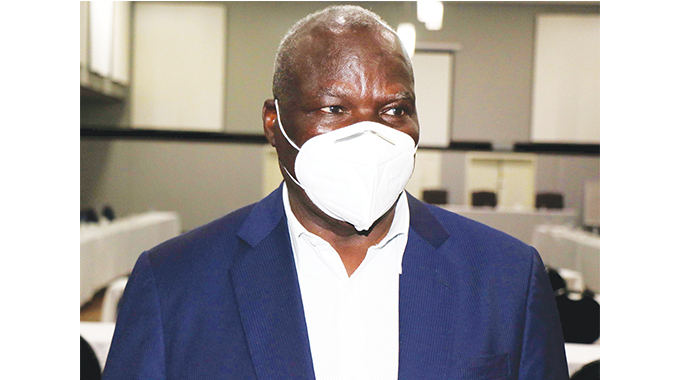Second Republic dreams big for Ekusileni Medical Centre

Nqobile Tshili, Chronicle Reporter
THE upcoming Ekusileni Specialist Medical Research and Teaching Hospital in Bulawayo is set to be a hub for innovative research and an attractant for skilled Zimbabweans in the diaspora to return and share their expertise.
It is also a dream of the Second Republic to transform Ekusileni Medical Centre into a major foreign currency earner through medical tourism.
Medical tourism is where people travel to other countries to receive medical, dental and surgical care while at the same time receiving equal to or greater care than they would have in their own country, and are travelling for medical care because of affordability, better access to care or a higher level of quality of care.
Renowned paediatrician and newly-appointed National University of Science and Technology (Nust) Faculty of Medicine deputy dean, Dr Wedu Ndebele, noted that the university needs constant support to make Zimbabwe, among other things, an oasis of innovative medical knowledge and a global destination of choice for medical tourism.
He said the university under the medical faculty, under the direction of the dean, Ekusileni board members and other stakeholders would steer the project to great heights.
Cabinet recently resolved that post-Covid-19, the hospital be transformed into a specialist teaching and research hospital run by the National Social Security Authority (NSSA) with Nust providing technical expertise.
The university said that the ongoing renovation of Ekusileni Medical Centre, to make it a Covid-19 centre, is a crucial step which will propel Nust into establishing the specialist training centre.
Nust Faculty of Medicine aims to ride on upgrades and renovations that would be made to the hospital during the Covid-19 era in developing the specialist teaching and research centre.
Dr Ndebele said in the matrix of the new development, the Faculty of Medicine was expected to take a leading role in setting up the medical school.
“We need all the support from everyone. We need the support from the community in all aspects. It is a possibility that Nust can take this and run with it so that it becomes beneficial not only to Bulawayo but the whole country and the region but we need the support from everyone Government, the business sector and within the community at large. There are some hurdles that we still have to overcome but we have overcome some of them,” said Dr Ndebele.
“We will still need engineers, business people to bring the business aspect of it, we still need the philanthropist who will partner to fundraise so that those who can’t pay can be treated because remember there is nothing for free. Because when you say you are offering something for free someone would have to pay for it.”
He said the transformation of Ekusileni Medical Centre requires serious investment across all sectors, to retain specialists while being lucrative to entice those outside the country to return home.
Dr Ndebele said brain drain remains a challenge in setting up of such an institution.
“That is going to be a big challenge, it’s going to hinge on the business model and it’s also going to hinge on the economic situation in Zimbabwe. But if it is run independently hopefully, we will be able to attract some of them,” said Dr Ndebele.
“So, the situation has to be convincing for the people to be attracted back into the country. And if they are already here so that they do not go elsewhere where there are greener pastures. That is definitely a big challenge which we are saying as Government and us as institutions, particularly focusing on Education 5.0, must be innovative and be involved in entrepreneurship.”
He said it was possible for the country to have medical tourism if the project is well implemented.
Dr Ndebele said India harnessed its diaspora-based experts who went back to their country to set up specialist training and is now reaping the benefits of its skilled personnel.
“It’s very critical because if you look at India for example, in India most of the people who are doing all these operations that people are going for, the doctors were trained in the United Kingdom and United States of America. They went back to India and set up those specialist institutions. So it is possible for Bulawayo, for Zimbabwe to have a hospital like Ekusileni doing all sorts of things using both the local expertise and the diaspora especially the sub specialties so that we are able to attract medical tourism and therefore generate foreign currency for the country so that people in the region access those services from here even our local population,” he said.
“Our vision is that it will offer specialist services beyond the specialist services that are already on offer. So, it will offer super specialist services some of which some people have been going out of the country for.
“Of course, this will develop in stages for example we are looking at things like heart surgeries, heart interventions that may not require surgery. For example, going into the future we are looking at bone marrow transplant, renal transplant and other specialised services and operations that are currently not being offered.”
He said while the reopening of Ekusileni Medical Centre has experienced a series of false starts, its designation as a Covid-19 treatment centre may ensure that once its doors are open, they will be opened for good. — @nqotshili









Comments